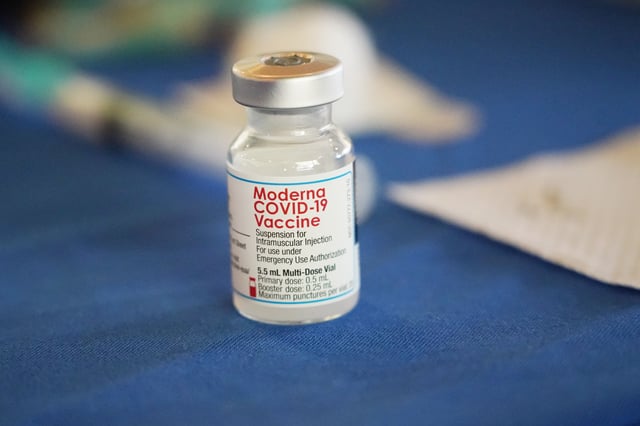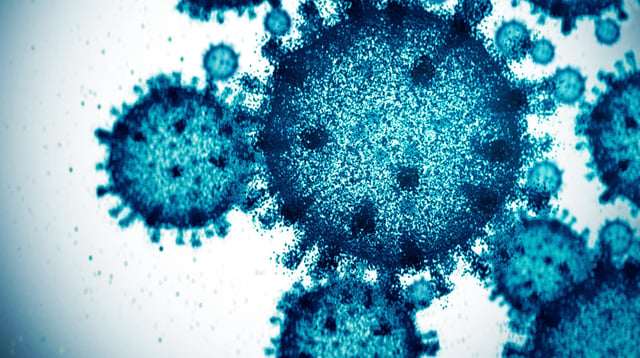Overview
- The CDC has detected NB.1.8.1 cases in international travelers and local transmissions in New York, California, Arizona, Ohio and Rhode Island.
- WHO designated NB.1.8.1 as a variant under monitoring on May 23 and assesses its global public health risk as low.
- Research indicates that NB.1.8.1 spreads more easily than earlier Omicron strains but does not increase disease severity or present unique symptoms.
- Medical authorities expect existing COVID-19 vaccines to remain effective in preventing severe illness from NB.1.8.1.
- The FDA will continue to approve updated vaccines for seniors and Americans with underlying conditions after new clinical trials, and the CDC no longer recommends routine shots for healthy children and pregnant women.



